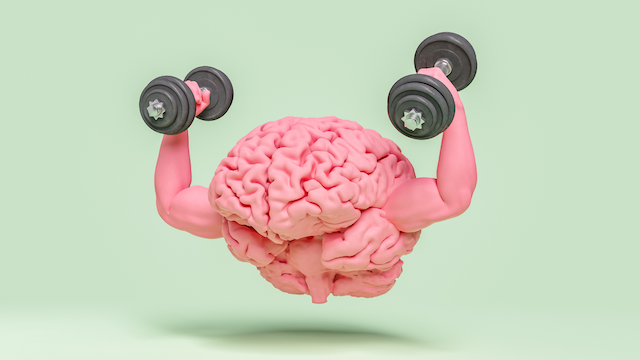The Impact of Sleep on Muscle Repair and Regeneration in Bodybuilding
- alexhansleyblog
- Aug 7, 2023
- 1 min read
Bodybuilders are well aware of the importance of diet and exercise in achieving their fitness goals. However, the role of sleep in muscle repair and regeneration is often overlooked. This post will explore the impact of sleep on muscle recovery and growth in bodybuilding.

Sleep and Muscle Recovery
During a heavy lifting session, micro-tears occur in the muscle fibers. While this might sound alarming, it's a normal part of the muscle growth process. When we sleep, our body goes into repair mode, mending these micro-tears, which ultimately results in muscle growth.
Growth Hormone Release
The majority of growth hormone, crucial for muscle development and recovery, is released during deep sleep. Insufficient sleep can reduce the release of growth hormone, impeding muscle repair and growth.

Reduced Cortisol Levels
Sleep also plays a role in controlling the body's cortisol levels. Cortisol is a hormone linked with stress, and it can have a catabolic (muscle-breaking) effect. Adequate sleep helps maintain a healthy balance of cortisol, thus supporting muscle preservation.
Improved Performance
Quality sleep isn't only vital for muscle recovery; it also contributes to improved performance in the gym. Well-rested individuals are likely to have more energy, better focus, and faster reaction times.
How Much Sleep is Enough?
While individual needs may vary, most adults require between 7 to 9 hours of sleep per night. For bodybuilders and other athletes, this requirement could be even higher due to the increased demand for recovery.

Conclusion
Sleep plays a critical role in muscle repair, growth, and overall performance in bodybuilding. It facilitates recovery, aids hormone regulation, and improves energy and focus, making it an essential component of a successful bodybuilding regimen.

















Comments